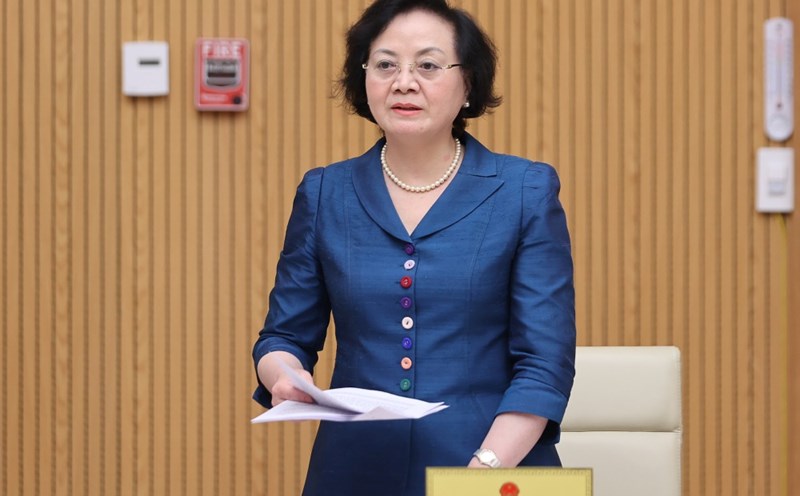On October 14, the Editorial Board of Communist Magazine, the Central Policy and Strategy Committee and the National Assembly's Economic and Financial Committee held a Workshop: "The role of state-owned enterprises in key sectors of the economy: Viewpoint from the aviation industry".

Speaking at the Workshop, Vice Chairman of the National Assembly Vu Hong Thanh emphasized that after nearly 40 years of Doi Moi, the state economic sector has affirmed its key role in the national economy, contributing significantly to growth, stabilizing the macro economy, ensuring social security and improving people's lives.
However, it is necessary to frankly acknowledge that the effectiveness of some enterprises is still not commensurate with the assigned resources; international competitiveness is still limited; the pioneering role in innovation and creativity is not really outstanding. Some state-owned enterprises still operate in the old management model, with heavy administrative burden, slow innovation of financial mechanisms, and slow digital transformation.
Vice Chairman of the National Assembly Vu Hong Thanh said that currently, in the process of drafting the Resolution on state economic development, the Government is reviewing and proposing a number of specific goals and orientations.
In which, aiming for at least three enterprises to be in the group of 500 enterprises with the largest revenue in the world (Fortune Global 500); 100% of state-owned corporations and groups apply the principle of advanced governance according to OECD standards.
To achieve these goals, it is necessary to synchronously deploy a number of major groups of solutions. For example: Completing the mechanism for capital mobilization and use, promoting the effectiveness of state resources; Expanding public-private cooperation, encouraging state-owned enterprises to lead the chain of linkages with private enterprises; Promoting comprehensive digital transformation; Linking economic development with environmental protection and social responsibility.
Along with that, it is necessary to consider the mechanism to form an innovation ecosystem in the enterprise sector, with research centers, venture capital funds and policy testing mechanisms (sandbox) in the fields of energy, infrastructure, logistics, and digital technology.
According to information from the Organizing Committee of the Workshop, as of 2024, the whole country has 671 state-owned enterprises, including 473 enterprises with 100% state capital and 198 enterprises with over 50% state capital. Total assets of state-owned enterprises reached more than VND5.6 million billion, equity reached nearly VND3 million billion, total revenue reached nearly VND3.3 million billion, pre-tax profit reached more than VND227 trillion.
Vietnam's state-owned enterprises are accounting for a huge market share in some important sectors of the economy, such as energy, telecommunications, banking, etc. The state-owned enterprise sector contributes more than 29% of the country's GDP.
At the workshop, scientists, leaders and managers focused on discussing key groups of issues such as clarifying and affirming the position and role of the state economy and state-owned enterprises in the socialist-oriented market economy, especially in important areas, the backbone of the economy. Thereby unifying the awareness of the need for innovation, improving efficiency and competitiveness for state-owned enterprises in the current context.
Assessing the current state-owned enterprise's operations through the practice of the aviation industry, specifically Vietnam Airlines Corporation in recent times, thereby affirming the important role of this enterprise in an important field of the economy, aviation transport, connecting and spreading the value of Vietnamese brands, thereby promoting the development of tourism, services and many other sectors of the economy.
Based on the analysis of the context and requirements when the country enters a new era of development, propose recommendations and solutions to improve efficiency and competitiveness for state-owned enterprises, especially in key areas of the economy.












